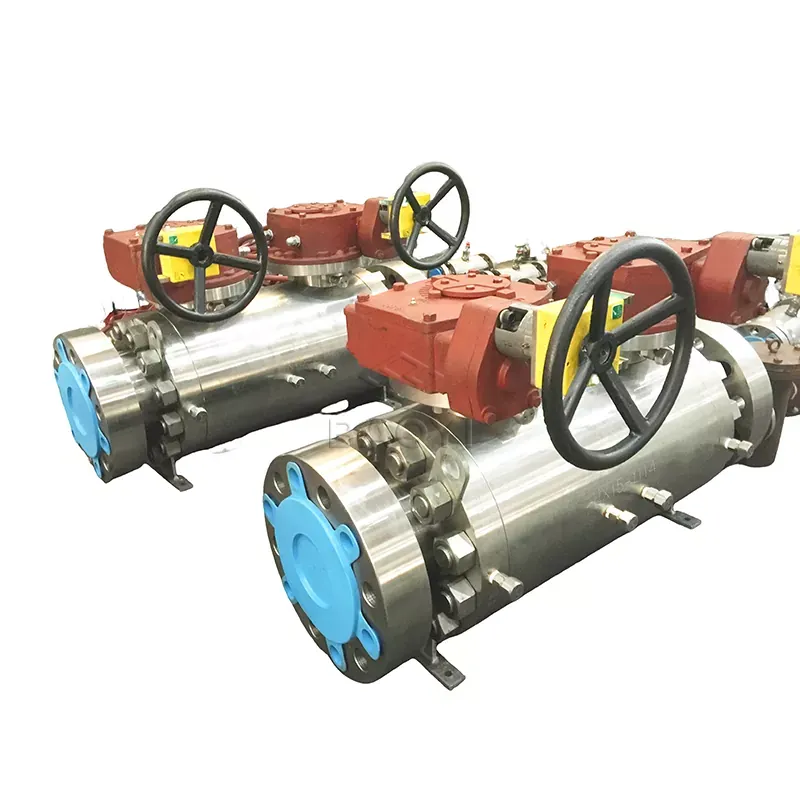What Are the Certifications Required for Industrial Ball Valves
2025-09-15
When selecting an industrial Ball Valve, certifications aren't just paperwork—they are your assurance of safety, reliability, and compliance. As an industry professional, I know that overlooking certifications can lead to operational failures, safety risks, and non-compliance penalties. So, which certifications truly matter?
Key Certifications for Industrial Ball Valves
To ensure optimal performance and safety, industrial Ball Valve products must adhere to internationally recognized standards. Here are the essential certifications:
-
API 607/6FA: Fire-safe certification critical for valves used in oil, gas, and chemical industries to prevent failure under extreme heat.
-
ISO 9001: Quality Management System certification that guarantees consistent manufacturing quality and process reliability.
-
CE/PED: Mandatory for valves used in pressure equipment within the European Union, confirming compliance with safety standards.
-
ATEX/IECEx: Certifications for valves operating in explosive atmospheres, ensuring they won’t ignite surrounding gases or dust.
The following table summarizes the applications and importance of these certifications:
| Certification | Application Scope | Importance |
|---|---|---|
| API 607/6FA | Fire-prone environments | Ensures integrity during and after fire exposure |
| ISO 9001 | All industrial sectors | Confirms quality-controlled manufacturing |
| CE/PED | European markets | Legally required for pressure systems |
| ATEX/IECEx | Hazardous areas | Prevents ignition in explosive atmospheres |
At BAOYI, all our Ball Valve units are designed and tested to meet these rigorous certifications, providing customers with confidence in every application.
Frequently Asked Questions
What is the significance of fire-safe certification for a Ball Valve?
Fire-safe certifications like API 607 ensure that the valve maintains its sealing ability and pressure integrity even when exposed to high temperatures or direct flames, critical for avoiding catastrophic failures.
Why is ISO 9001 important for Ball Valve manufacturers?
ISO 9001 demonstrates a manufacturer’s commitment to quality consistency and continuous improvement, reducing the risk of defects and ensuring long-term performance reliability.
Do I need ATEX certification for non-hazardous areas?
While not always mandatory, ATEX certification indicates a higher safety level, which may future-proof your operations should environmental conditions change.
Choosing a certified Ball Valve is essential for safety and efficiency. BAOYI’s products meet global standards, giving you peace of mind in demanding applications.
Contact us today to learn more about our certified Ball Valve solutions and how BAOYI can support your specific requirements.



